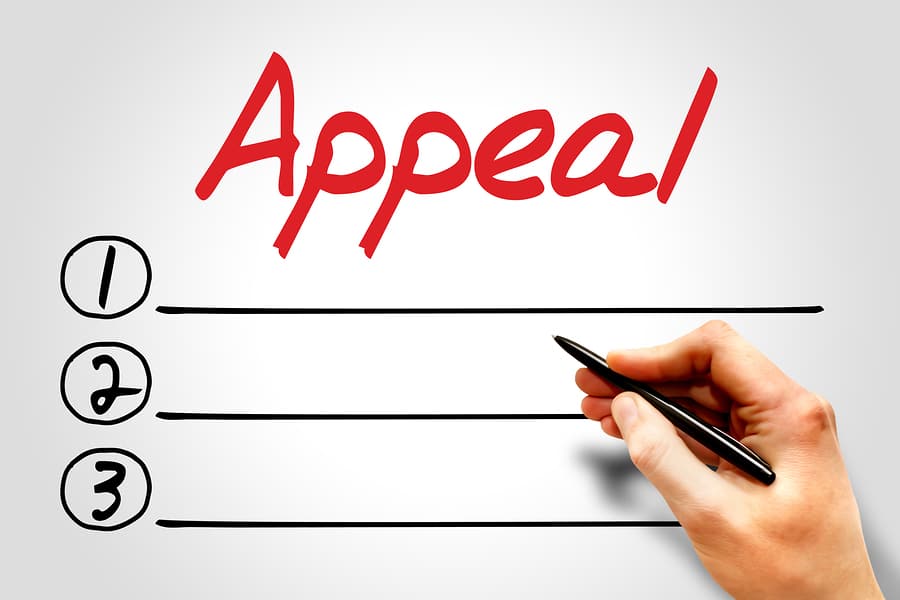There are many legal considerations in taking an appeal from a trial court’s final order to the Indiana Court of Appeals. In this blog post, three of the most basic considerations for appeal are considered to illustrate the obvious—but not often thought of—components of an appeal.
The first is the time to prepare an appeal. On appeal to the Indiana Court of Appeals, this Court considers the written word for word account of the witness testimony. In addition, it considers exhibits.
This requires the proceeding to be typed out – witness by witness. Thus, it takes about three months for this to occur, so an appeal is not a fast nor slow process relative to the complex issues that are addressed. Overall an appeal is decided in about 6 months by three judges who are completely removed from the trial court. This is the best way to ensure fundamental fairness of due process and protection of constitutional rights.
The second is much like every aspect of life, from a report at work, to a Sunday sermon at church. The appeal has to tell the story and demonstrate that the trial court made a firm mistake in considering the facts or applying the law. No one likes a weak or plotless story and as a general rule of thumb, the story must come to life and show a real mistake to garner reversal under the standards of appellate review.
Thirdly, trial judges and lawyers consider thousands of facts and pieces of evidence and law and errors are expected. No system is flawless. Thus, an appeal on some technical violation that does not really change the story presented to the trial court is unlikely to carry the day. The Court of Appeals wants to ensure citizens are given due process, have their rights protected, but not at the expense of just finding it might have looked at facts differently.
The judges on the Court of Appeals do not have all of the verbal or non-verbal language that may not make it to the typed record received by other senses. For this reason, some technical glitch or error is unlikely to get a reversal unless it reflects some greater flaw in the trial court process.
These common sense factors, for someone under the pressure of litigation may not be obvious, but should be considered by litigants with their attorneys in deciding to make an appeal. This blog post was written by attorneys at Ciyou & Dixon, P.C. who handles appeals from all Indiana trial courts to the Indiana Court of Appeals and Indiana Supreme Court. This blog is written for general educational purposes and is not intended to be a solicitation for legal services or specific legal advice. It is best thought of as an advertisement.








